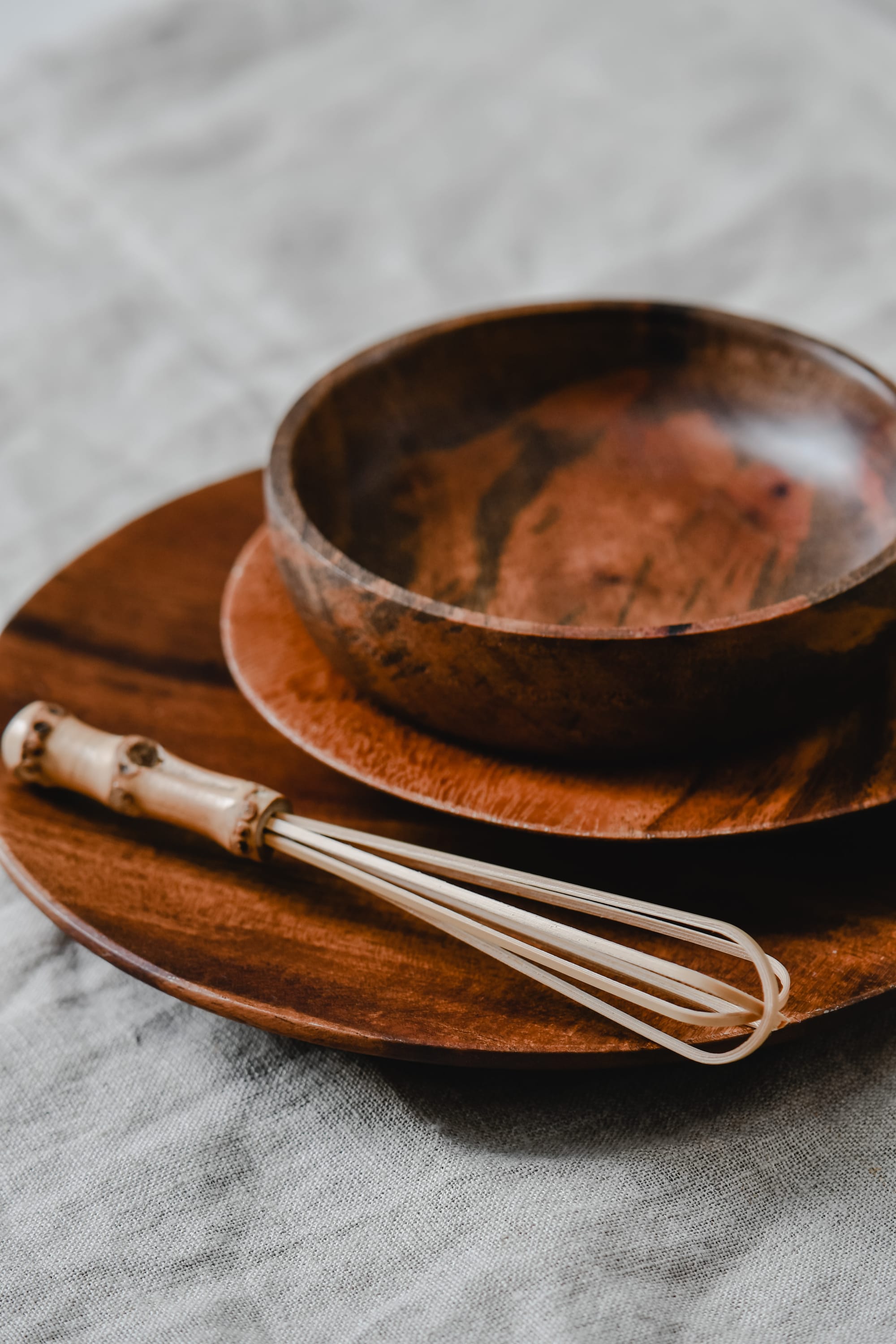WOOD & WOODEN PRODUCTS

Sri Lanka stands apart in the realm of wooden products, with a wealth of valuable hardwood and centuries-old craftsmanship that distinguishes its wood product suppliers from the rest. These artisans infuse their creations with grace and functionality, crafting items designed to withstand the test of time and be passed down through generations. What's remarkable is that the country's wooden products are crafted from sustainably sourced or salvaged wood, reflecting a commitment to minimizing deforestation.
At the forefront of wooden product exports from Sri Lanka are furniture, parquet flooring, brush handles, wooden panels, and wooden toys. Notably, Sri Lanka has also ventured into the manufacturing of office furniture, bedroom furniture, and kitchen furniture for prominent furnishing companies worldwide.
In response to the growing demand for sustainable furniture, Sri Lankan furniture manufacturers have embraced the use of treated rubberwood for crafting affordable furniture. This practice breathes new life into rubber trees that have ceased latex production, further emphasizing the nation's commitment to sustainability.
Sri Lanka's wood-based manufacturing sector relies heavily on locally sourced wood as its primary raw material. The sector encompasses a diverse range of industries, including sawmilling, furniture, construction, parquet flooring, wood-based panel products, carvings, wooden toys, and industrial wooden components like brush handles.
From furniture that embodies stylish dining to parquet that redefines modernity and wood-based panels that exude classic elegance, Sri Lanka's wooden products offer homes worldwide a blend of craftsmanship and comfort.
Sri Lanka's abundant natural resources have contributed to the well-being of its people. While wood product manufacturing companies in the country are often small-scale enterprises, their exports have steadily increased over the past decade, and the sector exhibits significant growth potential.
Leading the way in wooden product exports are primarily furniture, parquet for flooring, brush handles, wooden panels, and wooden toys.The wooden toy industry in Sri Lanka specializes in predominantly handmade products, positioning the country as a unique niche market supplier.
Manufacturers maintain a focus on unique aesthetics and quality while accommodating product adaptability, all while conforming to essential international standards.Treated rubber wood has emerged as a prominent source of raw material for the wooden product industry. Its use not only aligns with environmental principles but also represents a renewable resource. Laminated rubber wood furniture has found success in niche European markets, effectively replacing expensive beech wood and birch wood products.
Local companies also have the flexibility to import timber for product manufacturing, tailoring their selections based on the requirements of their buyers. Materials like teak and mahogany are often employed in crafting furniture.
The Sri Lankan wooden products industry now aligns with the expectations of international buyers. Increasingly, companies and plantations are obtaining FSC (Forest Stewardship Council) certification, with some even earning the Rainforest Alliance mark. This trend underscores the global significance of meeting environmental standards, propelling the industry's growth potential in international markets.Sri Lankan woodworkers and interior solution providers are well-positioned to offer competitive bids and deliver interior solutions to investors.
In terms of export markets, the primary destinations for Sri Lankan wood exports include the United Kingdom, the United States, India, the Maldives, Saudi Arabia, Pakistan, and the Netherlands.